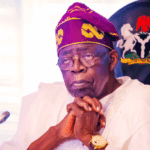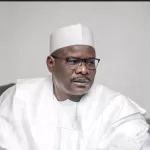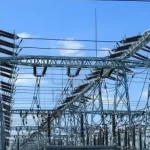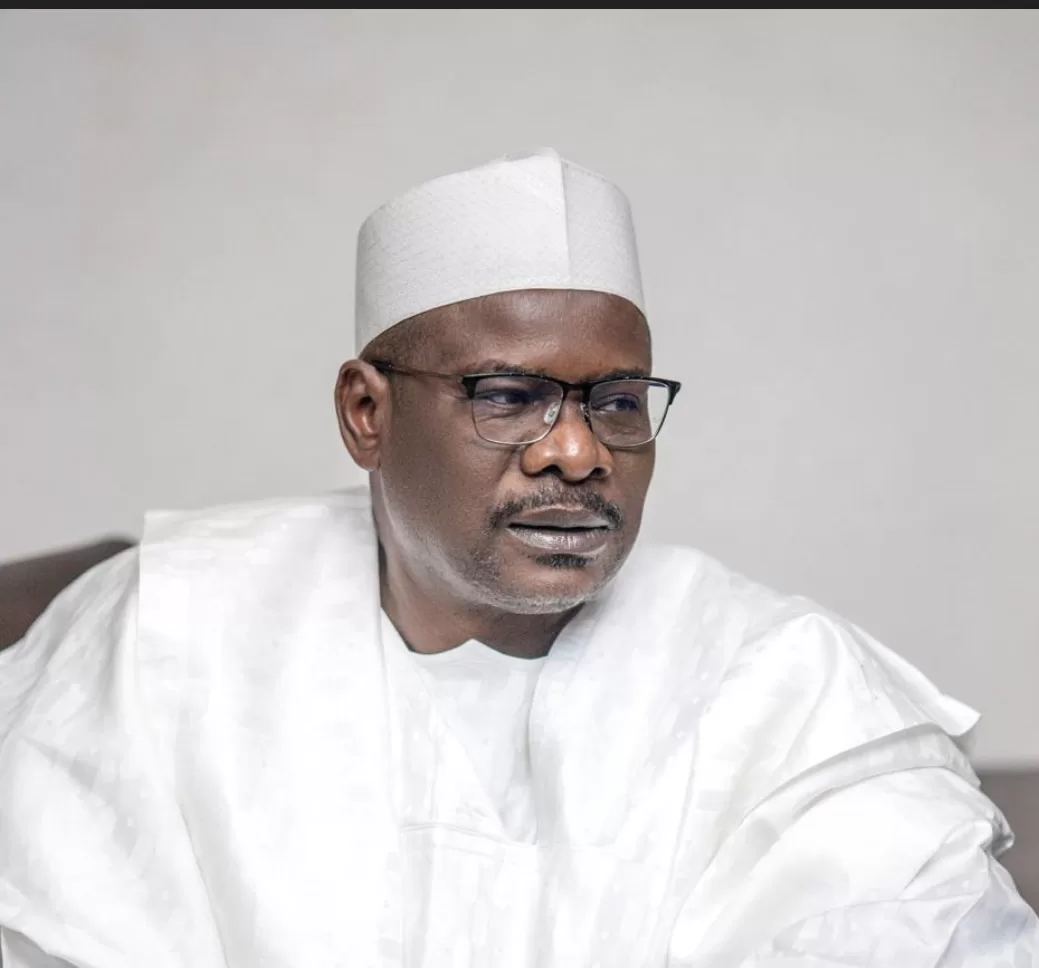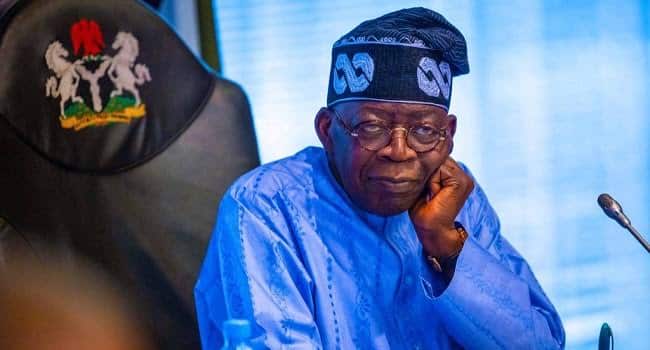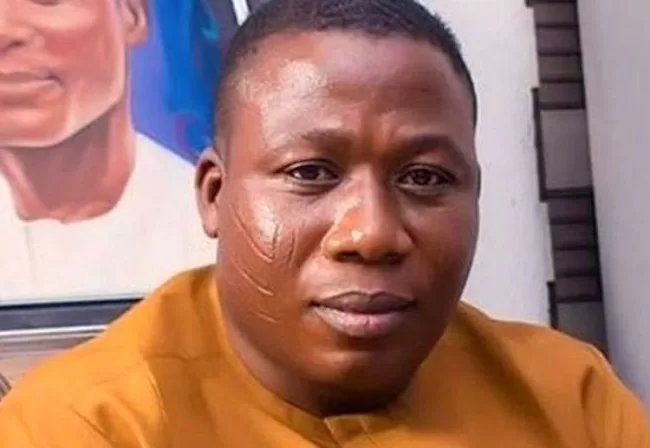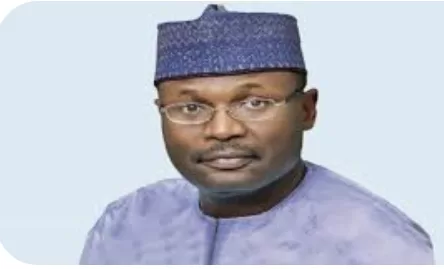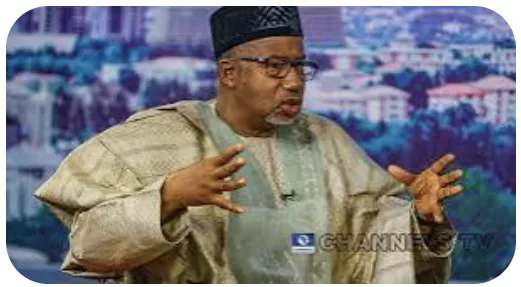Former Senate Leader, Ali Ndume, has strongly asserted that the North is neither parasitic nor dependent, especially when it comes to economic matters.
Representing the Borno South Senatorial District in the National Assembly, Ndume made these comments on Sunday, emphasizing that all regions, zones, and states in Nigeria are interdependent, relying on each other for survival, regardless of their individual resources.
“The North was, is, and will never be a parasite or dependent on any region or even the country. We are assets, not liabilities, to Nigeria. Those who believe the current tax reforms are targeted against northern interests are naive. The law applies equally to all low- and middle-income Nigerians,” he stated.
Ndume also stressed the importance of prudence and transparency in governance, calling for Nigeria’s resources to be managed effectively for the benefit of all citizens.
He voiced his concerns regarding the proposed tax reforms, particularly their timing.
He warned that if the bills were enacted without proper consultation, they could exacerbate the economic difficulties Nigerians are already facing.
“I insist that the Tax Reforms Bills be withdrawn for broader consultations and engagement with critical stakeholders, including state and local governments and the private sector,” Ndume said.
Furthermore, he urged the Federal Inland Revenue Service (FIRS) to focus on expanding the tax base and improving its collection efficiency.
“FIRS should concentrate on expanding the tax net and improving collections. Additionally, accountability and transparency in tax administration must be enhanced,” he added.
Ndume also called on the Central Bank of Nigeria to scrutinize commercial banks to ensure they are paying their fair share of taxes, noting that these banks report substantial profits each year.
He raised concerns about President Bola Tinubu’s proposed tax reform package, which includes the creation of a Joint Revenue Board, a Tax Appeal Tribunal, and the Office of the Tax Ombudsman.
Ndume argued that these reforms should be preceded by broader governance reforms to tackle Nigeria’s fiscal challenges.
“Our personnel and overhead expenditures for 2024 account for 50 to 60 percent of the budget. Yet, here we are in November, and only 20 percent of the budget has been implemented.
Meanwhile, recurrent expenditure has already been exhausted,” he remarked. “This means over N15tn to N20tn is going into personnel, debt servicing, and recurrent expenditure. We should reform the government, not only the executive – we need to reform the government holistically,” Ndume emphasized.
He concluded by stressing the need for comprehensive reforms across all branches of government, proper timing, and securing public support for the successful implementation of these reforms.

